'The Dead River' play reimagines the lost river Hakro
The play investigates the deep connection between nature, culture and society
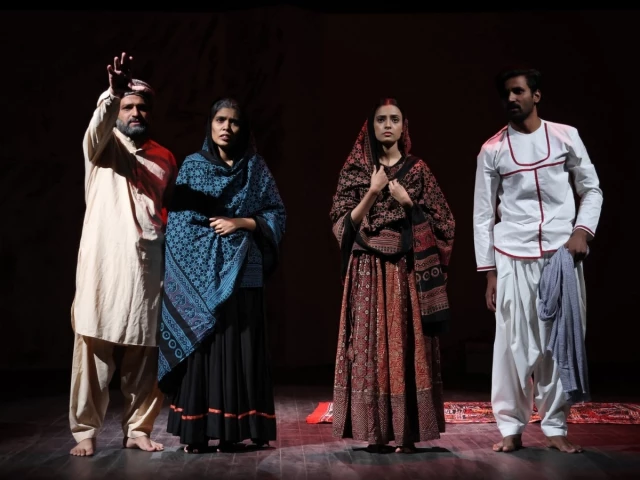
The 18th day of the World Culture Festival 2025 brought a blend of theatre, film, music and fine art to the Arts Council of Pakistan Karachi, with the Urdu tragedy play The Dead River emerging as the day's highlight.
The play, directed by theatre practitioner Shahnawaz Bhatti, drew a strong audience and was attended by Former Sindh Education Minister Syed Sardar Ali Shah, who praised the Arts Council for hosting an international cultural festival that, he said, "acts as a powerful response to rising extremism."
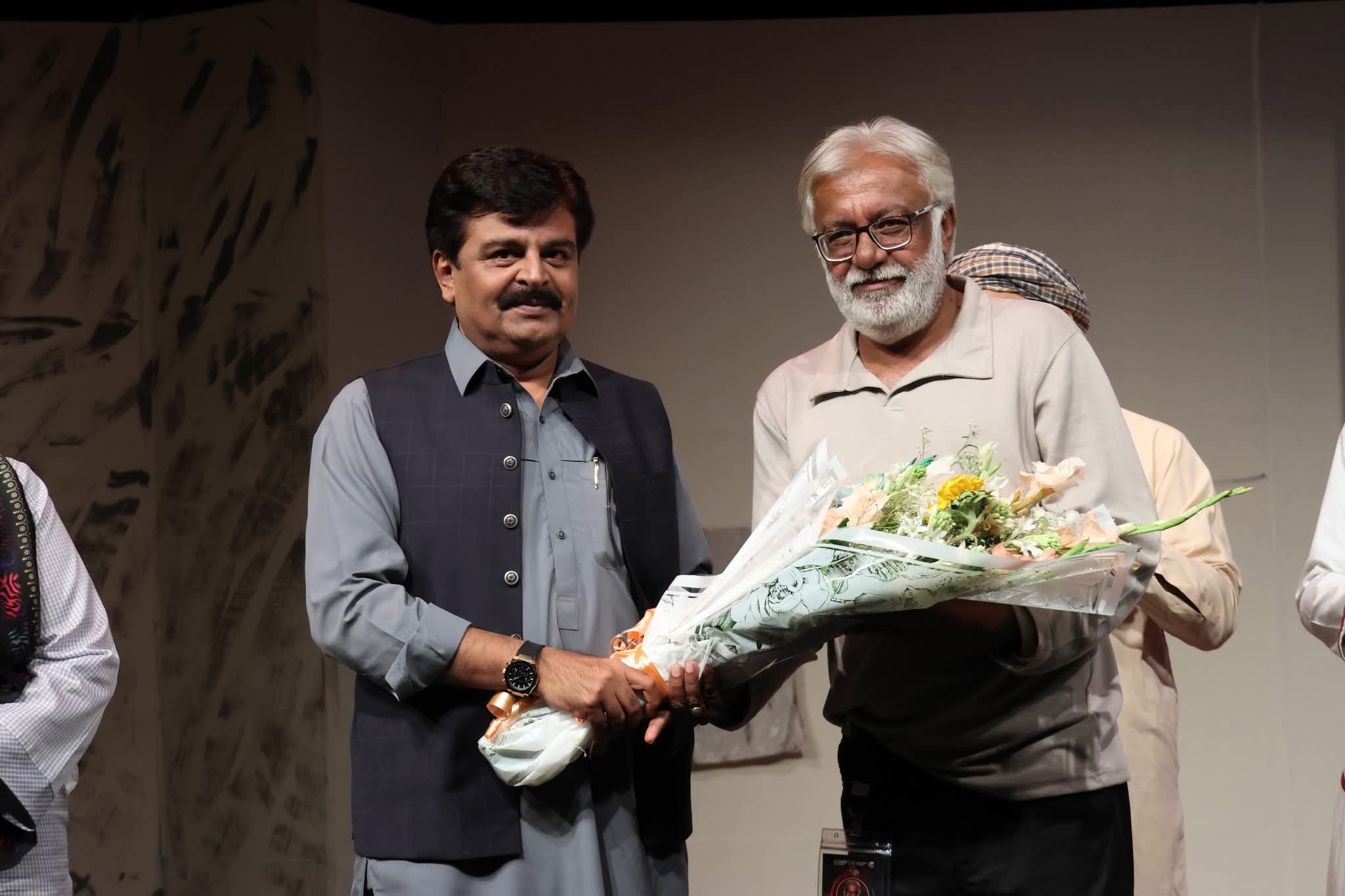
Former Provincial Minister of Sindh for Education, Culture, Tourism, and Antiquities, Sardar Ali Shah and Shahnawaz Bhatti
Speaking about the play's environmental and historical themes, the minister noted that the story sheds light on how natural water flows were disrupted during the colonial era. "It was the British who first blocked the natural routes of these rivers, and that is why the region continued to suffer," he said.
Shah lauded the production for its impact and narrative strength. "It was an excellent theatre performance, and the director successfully connected the story with present-day realities," he added.
Adapted from Abdul Qadir Junejo’s novel, The Dead River revisits the lost history of Sindh’s ancient river Hakro, once also known as Saraswati and Gaggar.
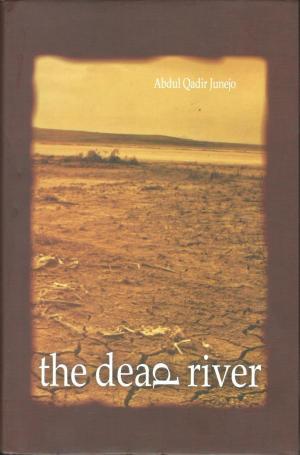
Onstage, the river comes alive as a character, symbolising not only ecological loss but the erosion of cultural memory.
Actors Zubair Baloch, Yasmeen Usman, Mati Mukhtalif, Tooba Naeem, Omeed Akbar and Ali Bakhsh earned applause for their compelling performances.
Shahnawaz Bhatti on the Message Behind the Programme
Speaking to The Express Tribune, director Shahnawaz Bhatti said the play investigates the deep connection between nature, culture and society.
“What is the value of water? Rivers must flow naturally,” he said. “When you block a river—whether it’s Sutlej, Ravi or Chenab—you disrupt a natural system. A river always knows its path.”
Bhatti said the production also touches on political history, including treaties and the post-Partition reshaping of river systems. “The impact wasn’t limited to one river; it affected all of Pakistan’s rivers,” he noted.
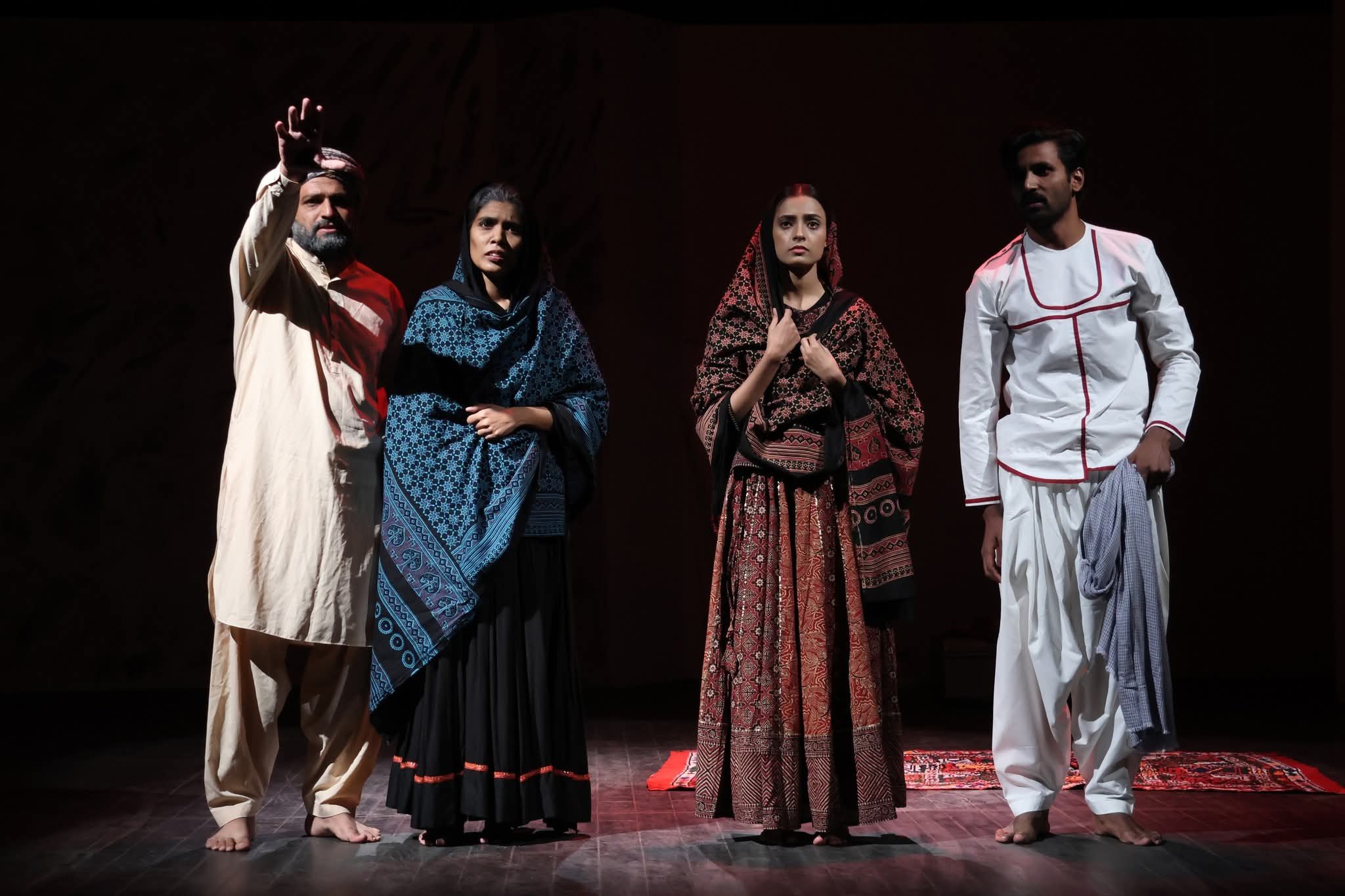
He explained that the narrative spans multiple generations, featuring characters Sukhan, Ambaram and Janu—each portrayed in both younger and older forms. “These characters reflect how communities evolve around rivers and how their lives change when water disappears,” he said.
Art as a Medium for Difficult Conversations
Bhatti emphasised the role of theatre in addressing serious issues: “Theatre isn’t just entertainment. Even if society doesn’t change immediately, art should make people think. The water crisis still exists—in fact, it’s getting worse.”
Sharing a personal connection, he said he belongs to Umerkot, a region that once depended on flowing river water. “The water that nourished our lands shifted towards Rajasthan. Entire areas have dried up. This crisis is real for our people.”
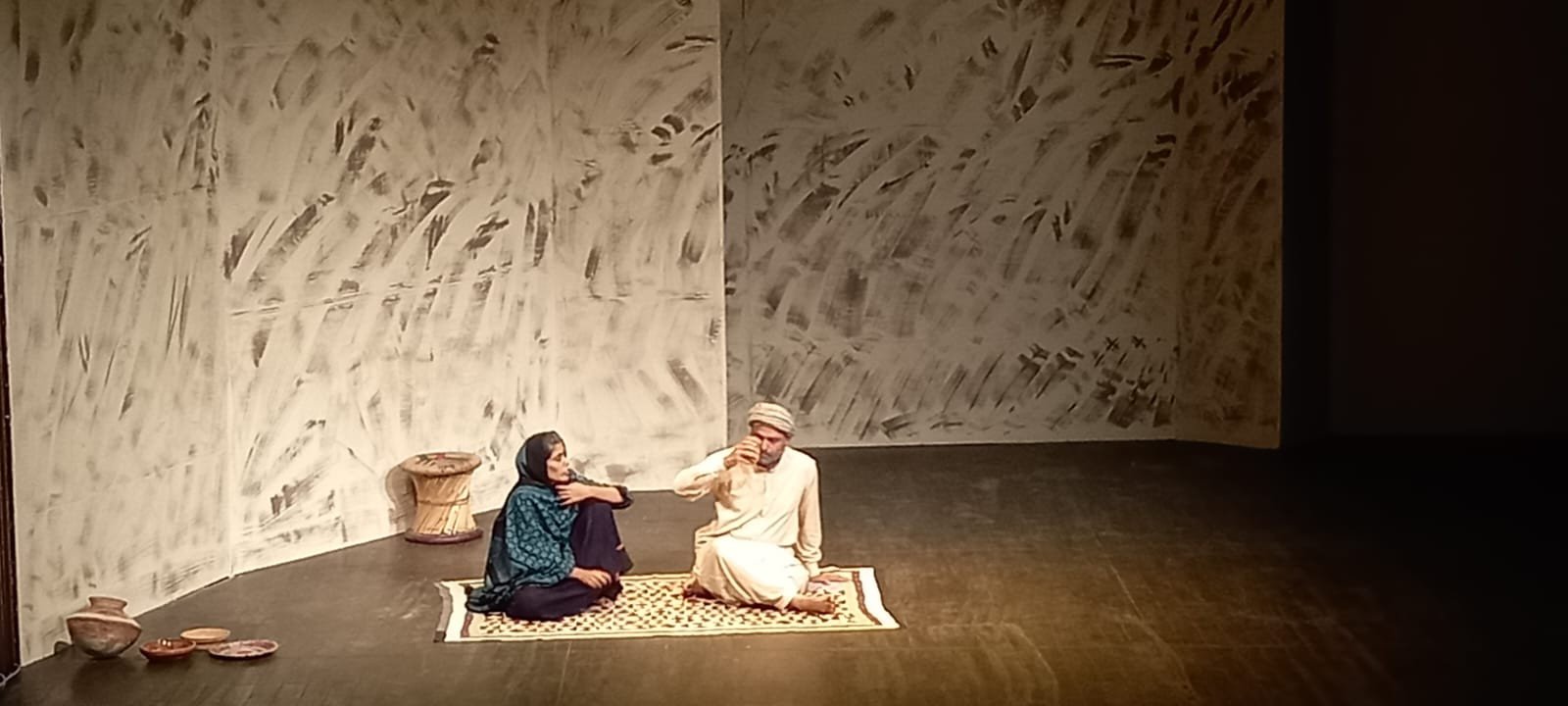
He added that cultural work remains his priority: “Art gives us a way to explain the world. It helps us communicate positive messages and remind people of their heritage.”


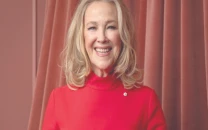


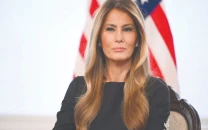
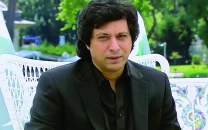

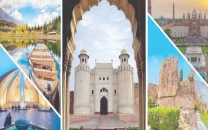












COMMENTS
Comments are moderated and generally will be posted if they are on-topic and not abusive.
For more information, please see our Comments FAQ